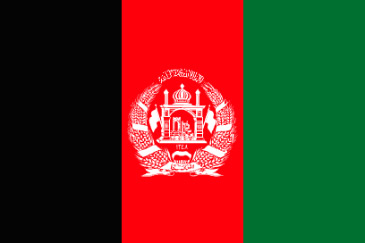I’ve been reviewing open positions in developing countries from United Nations Volunteers. It’s something I do when I want to do a bit of dreaming about maybe going overseas again… and also to see what’s up with my former employer. Recently, I noticed that many of postings have a standard set of additional requirements, no matter what the role is (IT manager, sanitation communications, microenterprise development, etc.).
I smiled when I saw the requirements, because I was one of the first people, if not the first person, to develop these type of additional requirements on UNV terms of reference (TORs): back when I was working as a part of the UNV UNITeS initiative, focused on promoting volunteer engagement in ICT4D initiatives, there was a program manager for a particular region who would come to my office, hand me the TOR for the volunteer placement and say, “UNI-Tize this.” What she meant was this: add in required skills and responsibilities that justify this being done by someone under a UN Volunteers contract, rather than another type of UN contract that would require the payment of more money to the person that fills the position and the designation of that person as a consultant or staff member. When that UNV program manager gave me the TOR to “uni-tize,” I went through and added responsibilities regarding
- building the capacities of local counterparts regarding whatever it was he or she was doing, with an eye to this UNV position becoming unnecessary as local people take over. I treated every UNV placement that was “Uni-Tized” as one that would eventually be taken over by a full-time, paid local person NOT under a UNV contract, and for that to happen, local capacity had to be built.
- creating at least one, local event that could help build the skills of community members regarding some aspect of computer and Internet use: where to find information about current market prices for agricultural products, where to find reliable maternal health information, how to evaluate the credibility of online information, etc. In this case, “Uni-Tize” meant to evangelize regarding ICTs for various development activities (ICT4D).
- suggestions to involve local volunteers in their work in some way, reaching out to students at nearby universities, or at home on leave from university, to help them gain experience that would help in their future careers. In this case, “Uni-Tize” meant to get local volunteers invested in the work of UNVs in some way.
- suggestions to make particular efforts to reach out to women, girls, religious and ethnic minorities and people with disabilities in any of the above aforementioned activities, to take all of the tasks beyond merely getting tasks done.
Here we are all these years later, and here are the requirements UNV now puts on many UN Volunteer TOR. If you’ve read the aforementioned, they will sound familiar. However, for each of these requirements, I have some questions that I really hope UNV answers for candidates it chooses for these roles:
UN Volunteers are required to:
• Strengthen their knowledge and understanding of the concept of volunteerism by reading relevant UNV and external publications and take active part in UNV activities (for instance in events that mark International Volunteer Day).
Seems fairly straightforward. Requires a volunteer to volunteer UNV on social media and read that social media regularly, read web updates, etc.
• Be acquainted with and build on traditional and/or local forms of volunteerism in the host country.
And HOW does one become acquainted with local volunteerism in the host country, let alone build on it? Most people aren’t acquainted with local volunteerism in their OWN country. UNV did away with the World Volunteerism Web, so there’s no online source now to do this. And what does “build on it” mean? Are UN Volunteers supposed to involve volunteers in their work? Or are they supposed to promote volunteerism, as a concept, in general? What does that look like for an IT manager or a microenterprise developer? I could write an entire manual on just this subject, because I’ve done it – and it’s NOT an easy thing to do.
• Reflect on the type and quality of voluntary action that they are undertaking, including participation in ongoing reflection activities.
UN Volunteers aren’t undertaking voluntary action; UN Volunteers are under a contract called “UN Volunteers”, but they aren’t really volunteers. UNVs receive an excellent stipend. International volunteers receive a stipend that’s equal to the regular pay for local government workers. The pay is enough for housing, food and local transportation – some “stipends” are enough to support a small family.
• Contribute articles/write-ups on field experiences and submit them for UNV publications/websites, newsletters, press releases, etc.
Reasonable requirement.
• Assist with the UNV Buddy Programme for newly arrived UN Volunteers.
Link to the UNV Buddy Programme? What is it? How does it work?
• Promote capacity development activities and transfer of skills to national personnel during the assignment.
Excellent requirement. Building local capacity is at the heart of international UN Volunteer engagement. But where’s the guidance on how to do that? I felt like I was pretty good at it when managing communications activities in Afghanistan and Ukraine – where I worked for UNDP but was not a UN Volunteer – but I’ve seen other UN workers who never made this a priority, or weren’t very good at it and needed a LOT of guidance.
• Promote or advise local groups in the use of online volunteering or encourage relevant local individuals and organizations to use the UNV Online Volunteering service whenever technically possible.
It’s really great to see this as a requirement – but where is the UNV guidance on how to develop online roles, how to support online volunteers, how to evaluate online engagement, etc.? It’s not on the UNV web site – UNV reduced, then shut down the online volunteering service a few years ago, and before that, removed support for those that wanted to involve online volunteers (I archived what I created for UNV about online volunteer engagement here). Or what about giving volunteers copies of The LAST Virtual Volunteering Guidebook and helping make them experts in virtual volunteering?
Would love to see UNV’s responses to these questions… but I doubt that will ever come.
Also see:
Make volunteering transformative, not about # of hours.
Resources from my time at United Nations Volunteers.
The United Nations Information Technology Service (UNITeS).
United Nations Volunteers says, when it comes to onsite & online, “They are ALL volunteers”.
Misconceptions re: VSO, UNV & Peace Corps.
New UN Initiative seeks “Information Volunteers”.
United Nations site for people with disabilities is inaccessible.
Thoughts on new UN paper re: Volunteering Practices in the 21st Century.
I’m thrilled with UNV’s 2015 State of the World’s Volunteerism Report – Transforming Governance.
History & Evaluation of UNV’s Early Years
Initial feedback on UNV plan to integrate volunteerism in development.
A blend of international & local volunteers can “decolonize” humanitarian development.

If you have benefited from this blog or other parts of my web site and would like to support the time that went into researching information, developing material, preparing articles, updating pages, etc. (I receive no funding for this work), here is how you can help.

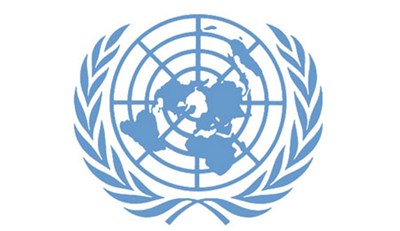
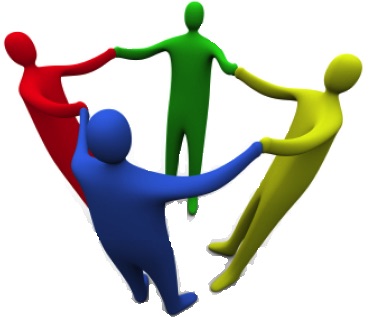

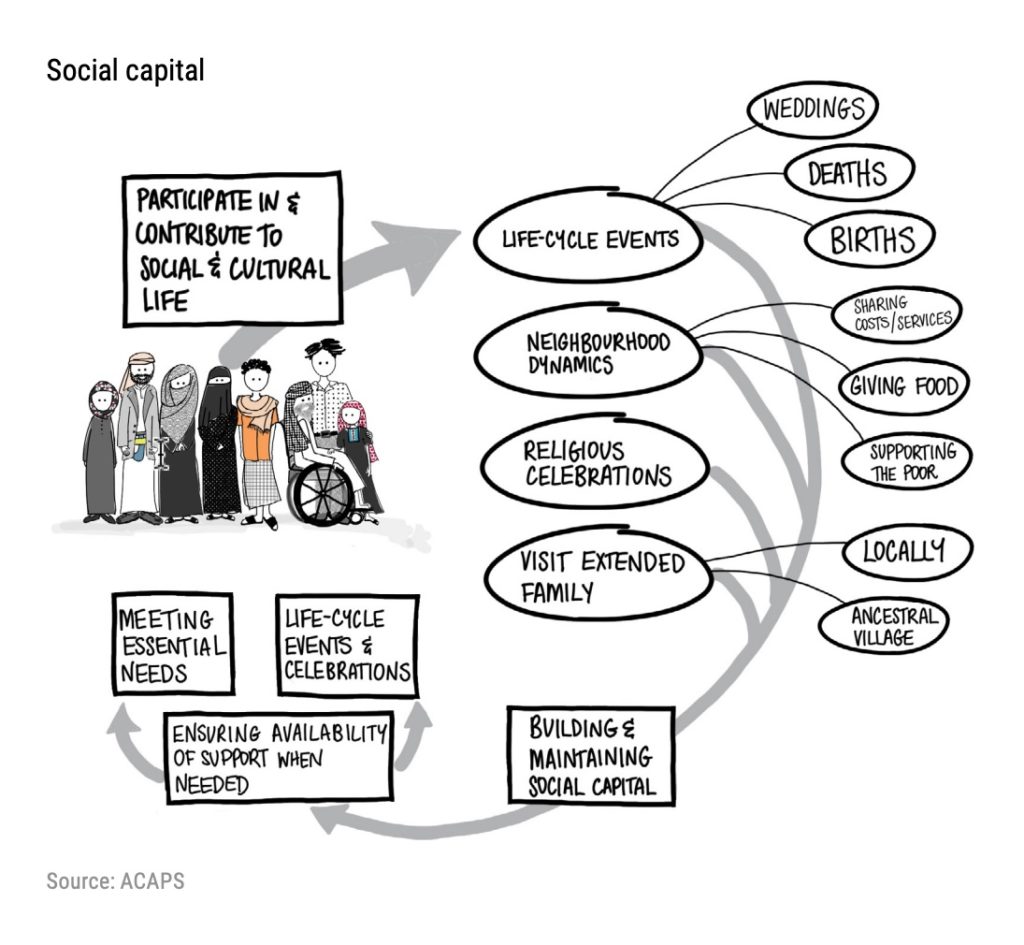
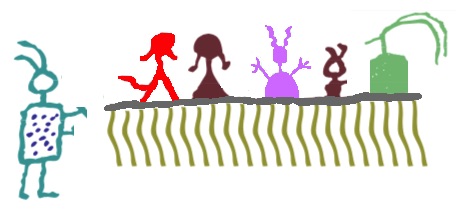
 . For the record; the photos we provided were of adult women who had consented to having their photos taken.
. For the record; the photos we provided were of adult women who had consented to having their photos taken.

